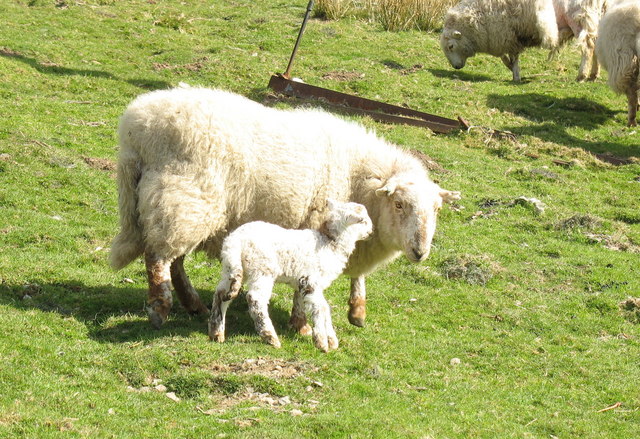
The stability of the cull ewe trade at a time when lamb prices have been hugely depressed reveals a great deal about the volatility of global markets, says NSA Chief Executive Phil Stocker, urging producers to safeguard their businesses where they can.
“The cull ewe price has stayed strong during this difficult period for new and old season lamb, which is because it is clearly segmented from the lamb trade, instead largely supplying our domestic ethnic and catering markets,” Mr Stocker explains. “Because it is not a product that is exported it has been immune to changes in the exchange rate, and because it is not imported either, or sourced by supermarkets that will quickly jump to imported products for short-term gains, prices have remained good.
“This reveals an interesting lesson about how global our lamb market has become, and how badly the UK can be affected by decisions our retailers make to take advantage of worldwide surpluses. NSA has been sharing its concerns with UK supermarkets that they are risking their long-term domestic supply base by making short-term price-based decisions to buy imported lamb when UK product is heading toward peak supply, but with so many other factors at play in the marketplace, we do have to realise that volatility is likely to be here to stay for the UK sheep sector.”
Mr Stocker suggests farmers need to look at innovative ways to maximise their farm returns in light of this volatility, look beyond the market price at ways to stabilise farm cash flow and maximise farm profitability.
“NSA remains committed to the principle that the marketplace must pay for premium UK lamb, but I do advise farmers to also look beyond that and see what can be done differently in their businesses to ensure a long-term future, while managing the constant volatility,” he says.
“Starting at the farm gate, be aware of your customer and understand their specifications. It may be that small adjustments in management could result in an increased price. If you are not selling directly to a purchaser, remember that auctioneers play an important role in advising what specification buyers are looking for. Also consider how you buy inputs and sell livestock; options range from joining or establishing a buying group to forward selling at a fixed price.
“Look at financial changes you could make. Discussions with a consultant, bank manager or accountant could result in significant savings. For example, the recent budget announcement allowing farmers to be assessed for tax over a five-year period could have significant cash flow benefits.
Mr Stocker adds that researching possible grants, relevant environmental schemes or potential green energy opportunities can also be advantageous to ensure regular, reliable income.
“Small scale renewable energy is a valid option for many at the moment,” he says. “Installing solar panels on sheep buildings may be an opportunity to secure a consistent income over several years.”
Mr Stocker emphasises that NSA will continue to promote lamb as a high quality premium product that has a natural place on the plates of discerning consumers, but urges producers to keep abreast of new innovations and changes to the market too.
“In this modern world, this does involve the industry adopting new technology and information exchange, while retaining the traditions of sheep farming that differentiates it from other livestock sectors,” Mr Stocker concludes.
